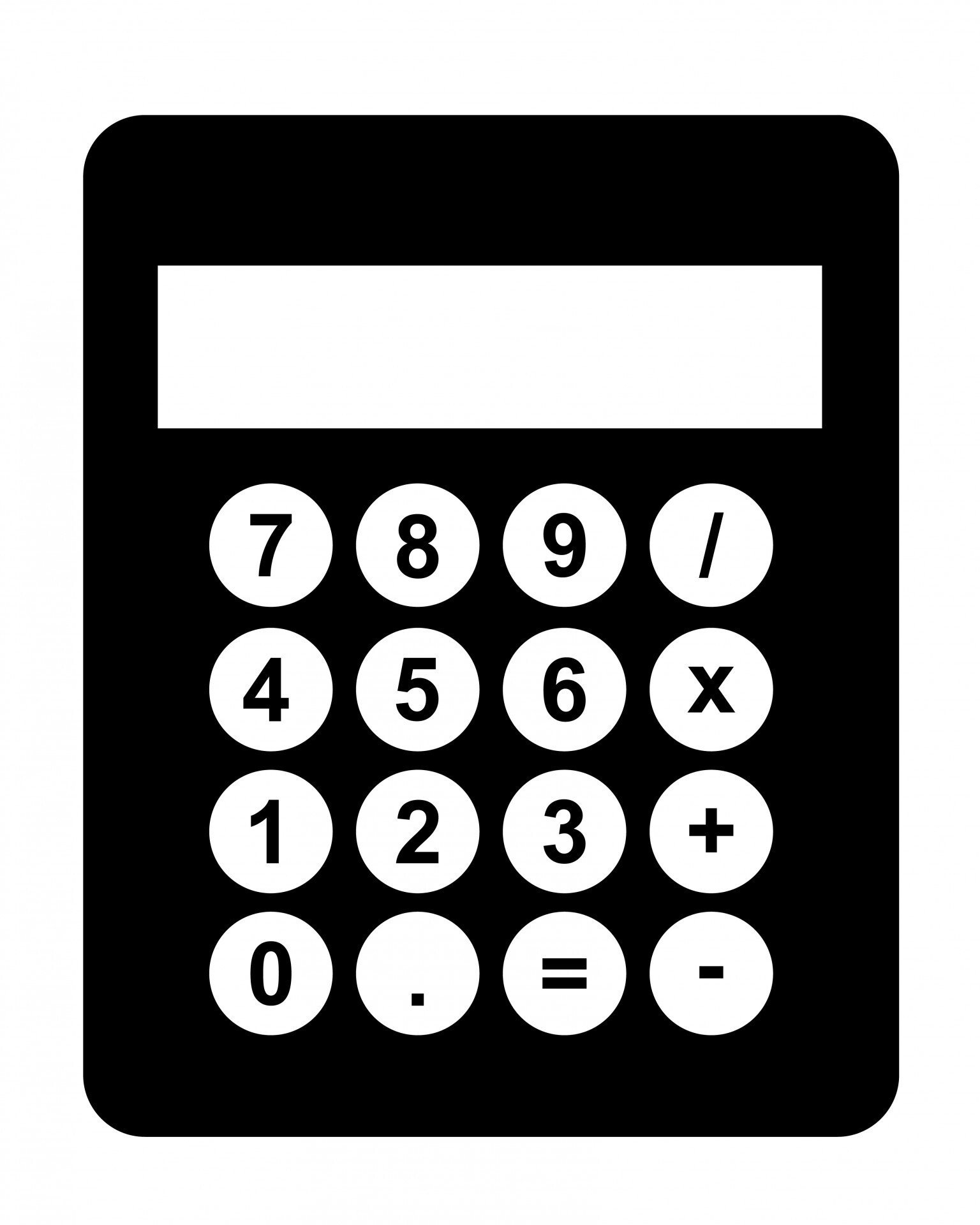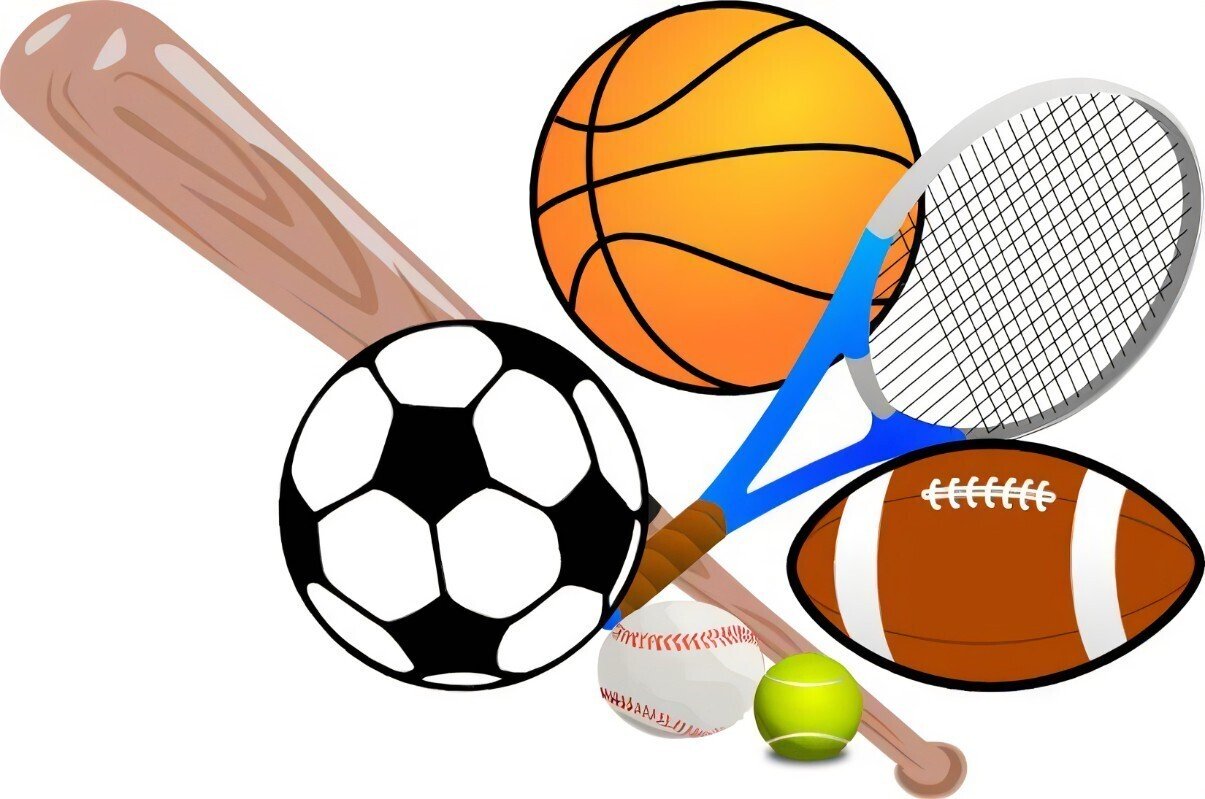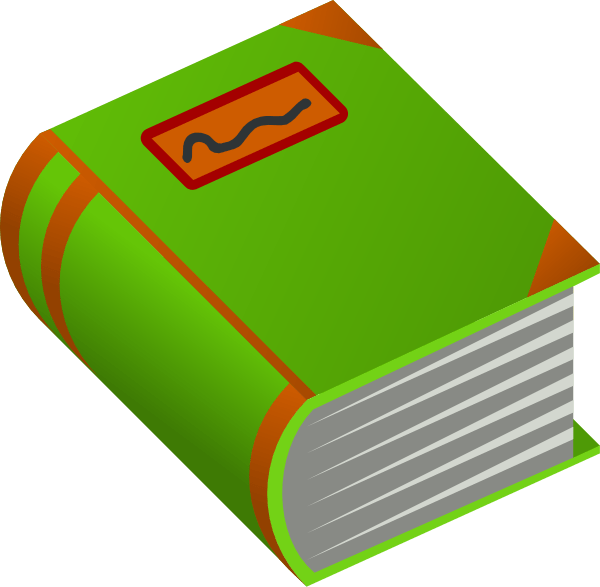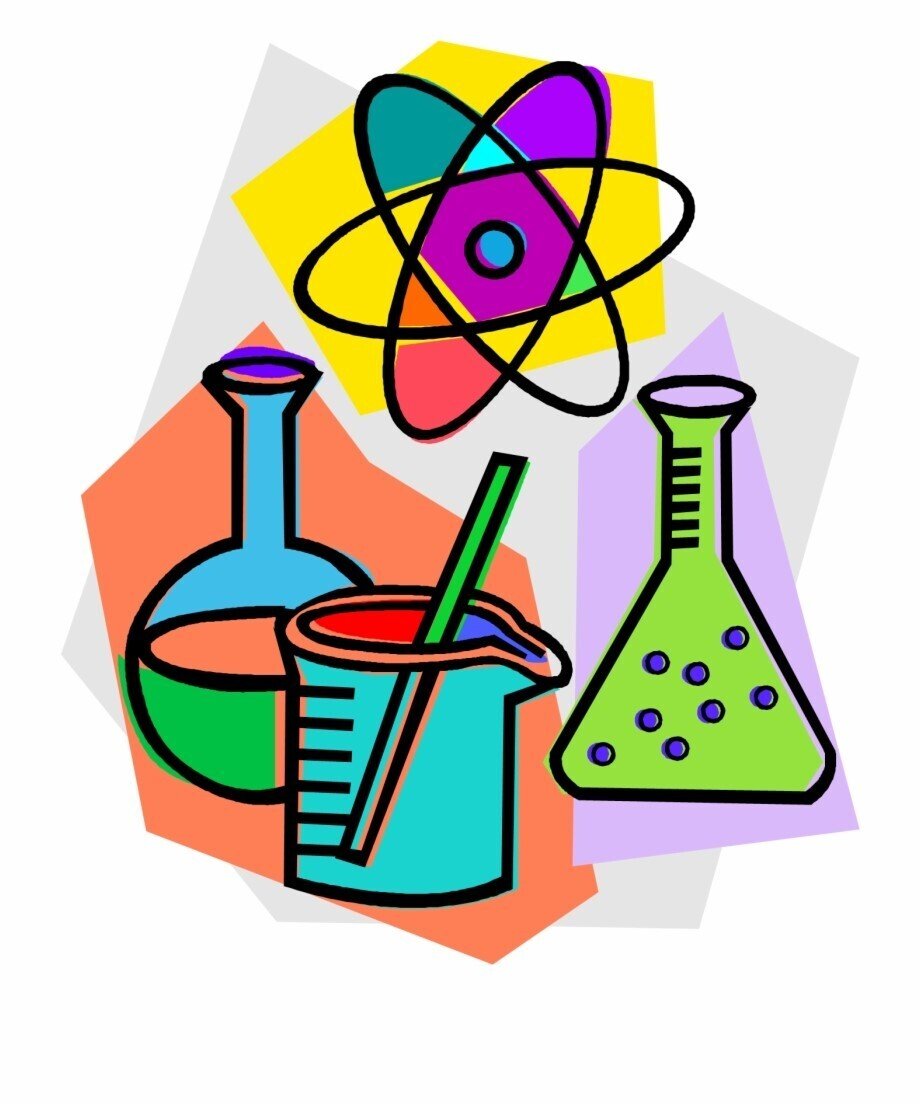q
Our MASTERY Curriculum
At St Thomas More, the principles which underpin our mastery curriculum are that there is an absolute belief that every child can and will achieve. Children in our school know and believe that learning potential is increased through effort;
they know that mistakes help them grow.
Throughout the curriculum, children receive a balance of academic and personal development. We believe that every person is a unique individual, created in God's image and loved by Him. We are therefore committed to treating every person with equality of esteem and the respect and dignity due to a child of God. We believe that we should strive for the best in all that we do, for all our children. We should celebrate the diversity of age, gender, racial and social origins, abilities, culture and religion within our school community. We are committed to ensuring that all children are given every opportunity to develop their talents to the full.
Our curriculum places equal importance on core and foundation subjects. It has been designed to ensure children acquire, develop and deepen the knowledge they learn and the skills they practice. The knowledge and skills learnt are based on the national curriculum, which are built upon and which are progressive throughout the year groups. We believe that the content of the curriculum should be child-focused to ensure that they are inspired, motivated and eager to learn (see the links below for curriculum content for each year group). We also believe that central to enhancing our children's learning is the need for experiences outside of the classroom to ensure there are opportunities to nurture creativity and discovery, broaden children's knowledge and to give purpose to learning.
To support the principles of our curriculum, our teaching and learning throughout the curriculum are built on 6 parts: -
Engage (build on/link to prior knowledge/skills)
Introduce (introduce/model a new skill)
Consider and Practice (discover knew skills/knowledge)
Going Deeper (deepen skills/knowledge through e.g. critical thinking,
analysing, evaluating)
Independent/Group Task (embed skills/knowledge or discover more)
Plenary (self/peer/Teacher) assess knowledge and skills.
The attached grids are an example of the way in which children cover the objectives through topics.
At the beginning of a topic, each teacher sends home a parent newsletter, explaining what will be covered and how.
Each class also receives a menu of topic homework at this point.
This contains tasks related to the topic, which the children complete over the course of the topic.
The coverage of the objectives is tracked carefully throughout the year to make sure all aspects and themes set in the national curriculum are covered by the end of each key stage. Prior to a new unit of learning, all pupils will take part in a prior-unit assessment, providing teachers with an opportunity to assess prior knowledge and gaps in children’s learning.
At the end of the unit, pupils will take part in another assessment to ascertain progress made throughout the course of their learning.
Please click on each picture icon below for more information about the specific topics involved and about what the different year groups will be learning about within the mastery curriculum: -
| STM Art & Design | STM DT | STM Computing | STM Early Reading & Phonics |
|
D |
D |
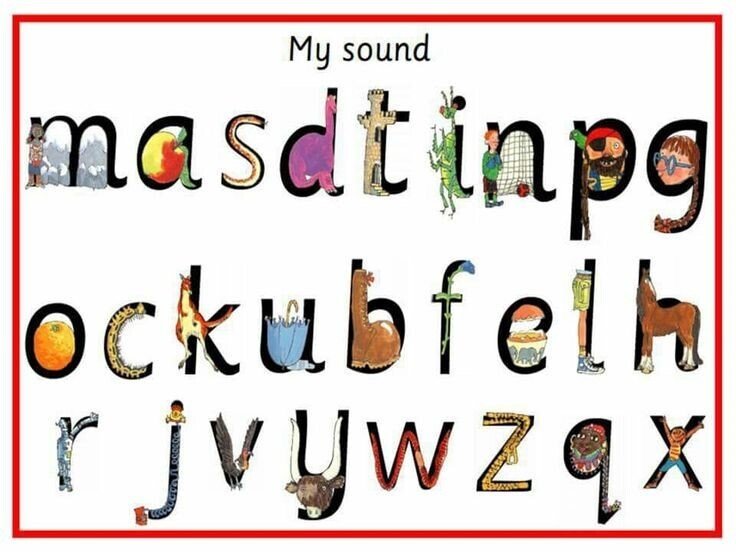 |
|
| STM Geography | STM Maths | STM PE | STM RE |
|
D |
|
|
|
| STM PSHE RSE Online Safety | STM Reading | STM Science | STM Writing |
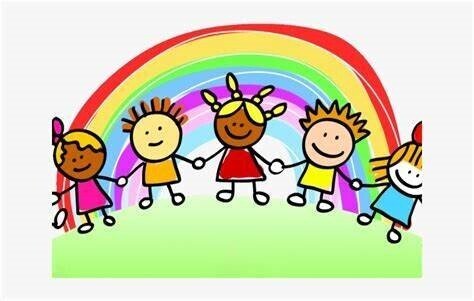
D |
|
|
|
For information on our EYFS curriculum, please click here
| Y1 Autumn 1 Term Knowledge Organiser |
| Y1 Autumn 2 Term Knowledge Organiser |
| Y1 Autumn Term Curriculum Map |
| Y2 Autumn Term Knowledge Organiser |
| Y2 Autumn Term Curriculum Map |
| Y3 Autumn Term Knowledge Organiser |
| Y3 Autumn Term Curriculum Map |
| Y4 Autumn Term Knowledge Organiser |
| Y4 Autumn Term Curriculum Map |
| Y5 Autumn Term Knowledge Organiser |
| Y5 Autumn Term Curriculum Map |
| Y6 Autumn Term Knowledge Organiser |
| Y6 Autumn Term Curriculum Map |
| Y1 Spring 1 Term Knowledge Organiser |
| Y1 Spring 2 Term Knowledge Organiser |
| Y1 Spring Term Curriculum Map |
| Y2 Spring Term Knowledge Organiser 1 |
| Y2 Spring Term Knowledge Organiser 2 |
| Y2 Spring Term Curriculum Map |
| Y3 Spring Term Knowledge Organiser |
| Y3 Spring Term Curriculum Map |
| Y4 Spring Term Knowledge Organiser |
| Y4 Spring Term Curriculum Map |
| Y5 Spring Term Knowledge Organiser |
| Y5 Spring Term Curriculum Map |
| Y6 Spring Term Knowledge Organiser |
| Y6 Spring Term Curriculum Map |
d
Mastery English
1
The principle of a mastery curriculum is that all pupils keep up with the pace of learning and that gaps are addressed immediately so that no pupil falls behind.
Teaching for mastery means that all pupils are taught together as a whole class through a highly tuned teaching approach.
For each year group, the Mastery English curriculum is built around three high quality, whole class texts which the class spend a whole term exploring and enjoying.
The texts are carefully chosen and are typically a classic, a novel linked to their topic and a contemporary children's author, perhaps to appeal to that particular class.
Every single pupil experiences reading and engaging with high quality literature by holding a copy of the book and sharing the teacher's passion for reading. The children read the whole text through individual and shared reading, which means that everyone can enjoy the reading experience and they can all keep up with the book.
The interesting thing about this approach is that the reading comprehension, grammar, punctuation and technical writing skills are completely embedded into the whole class teaching approach and taught in the context of the whole class text.
Through careful modelling and links to high class texts, each child becomes a prolific, effective writer and reader.
A key principle of the programme is the teaching of reading, writing, grammar and punctuation in context; this way, children see how important it is to be the 'whole package' as a writer, and they see how a writer's toolkit must be filled with a variety of skills and strategies.
Through our English curriculum, we consider purposeful writing outcomes that all pupils participate in.
English
Writing Progressions
Please click on the links below to access the English writing and reading progressions of your child/children's' years group. Thankyou.
St Thomas More follows the National Curriculum for English. Click here to view a copy of the programme of study for KS1 and KS2.
Please click here to view our English Policy 2021 - 2022.
Please click here to view our Handwriting and Presentation Policy 2021 - 2022.
Please click here to view a loom video explaining our handwriting policy.
1
Beliefs and Values:
1
*An absolute belief that every child can and will achieve*
*Focus on reasons why children can succeed, rather than excuses about why they will fail*
*Be prepared to make a cultural shift from previous approaches*
*A strong awareness that the children’s life chances depend on them achieving the expected standard as a minimum*
*Removal of fixed ideas about innate ability: opportunities rather than genetics*
*Learning potential is increased through effort*




